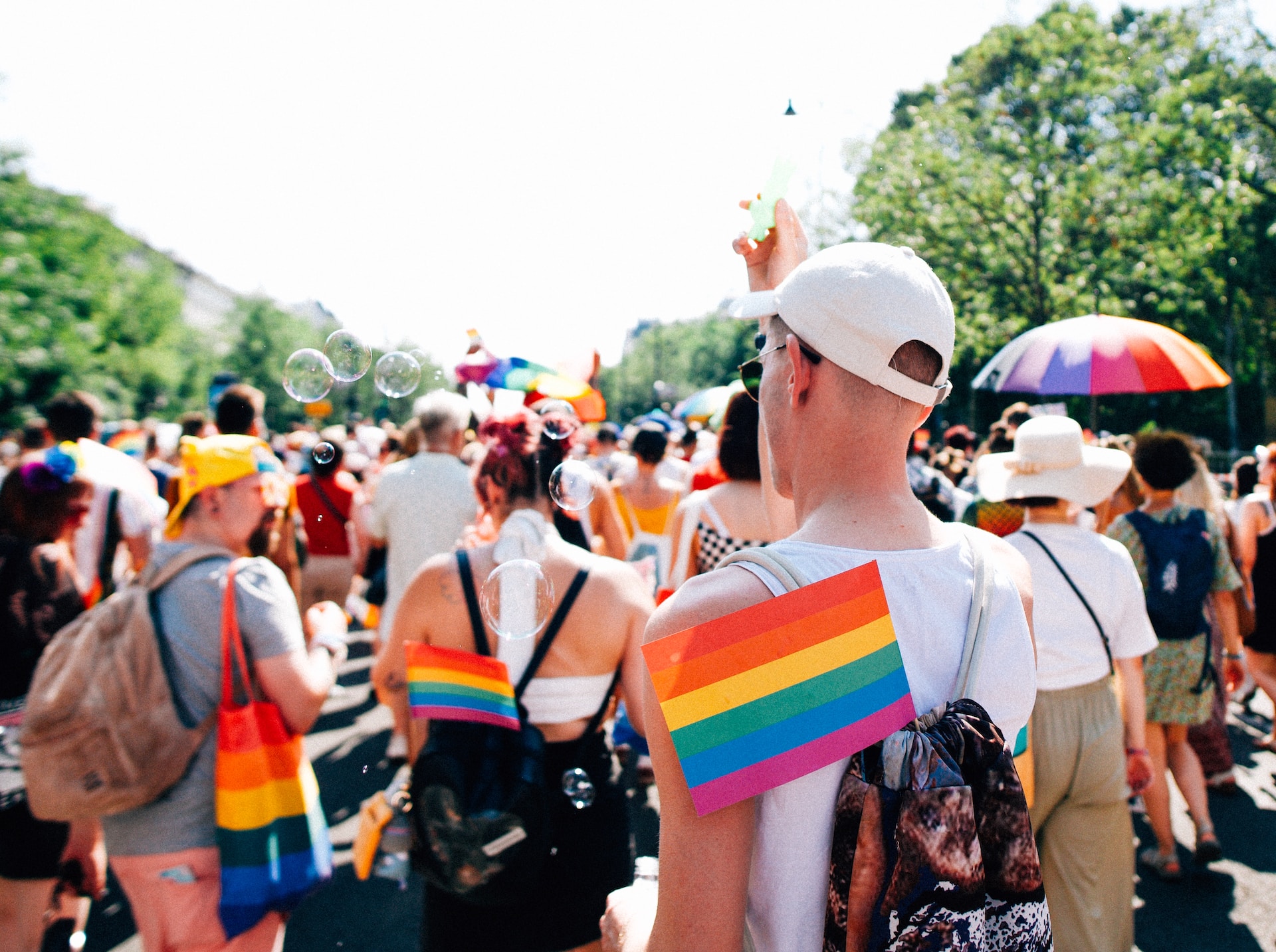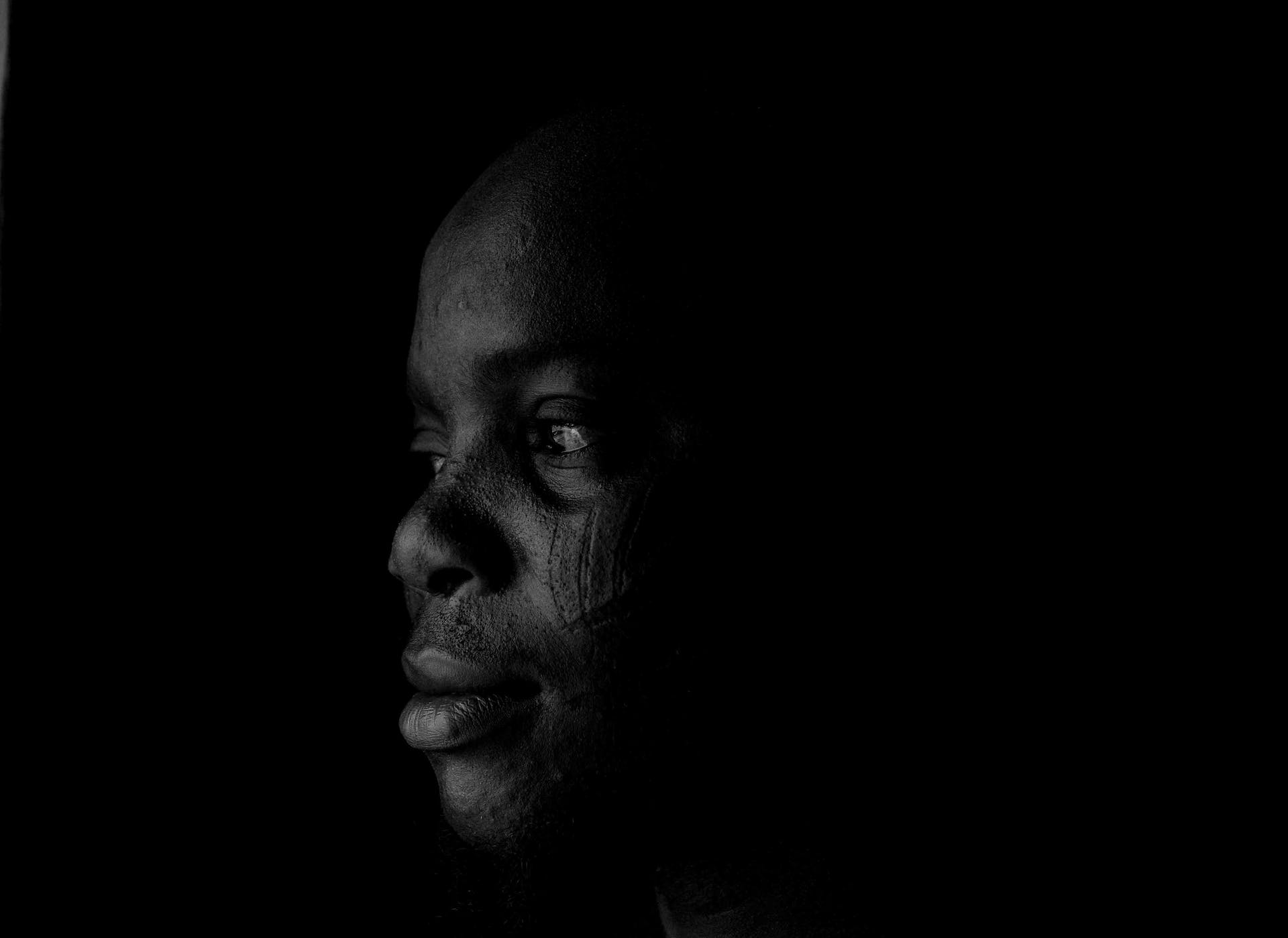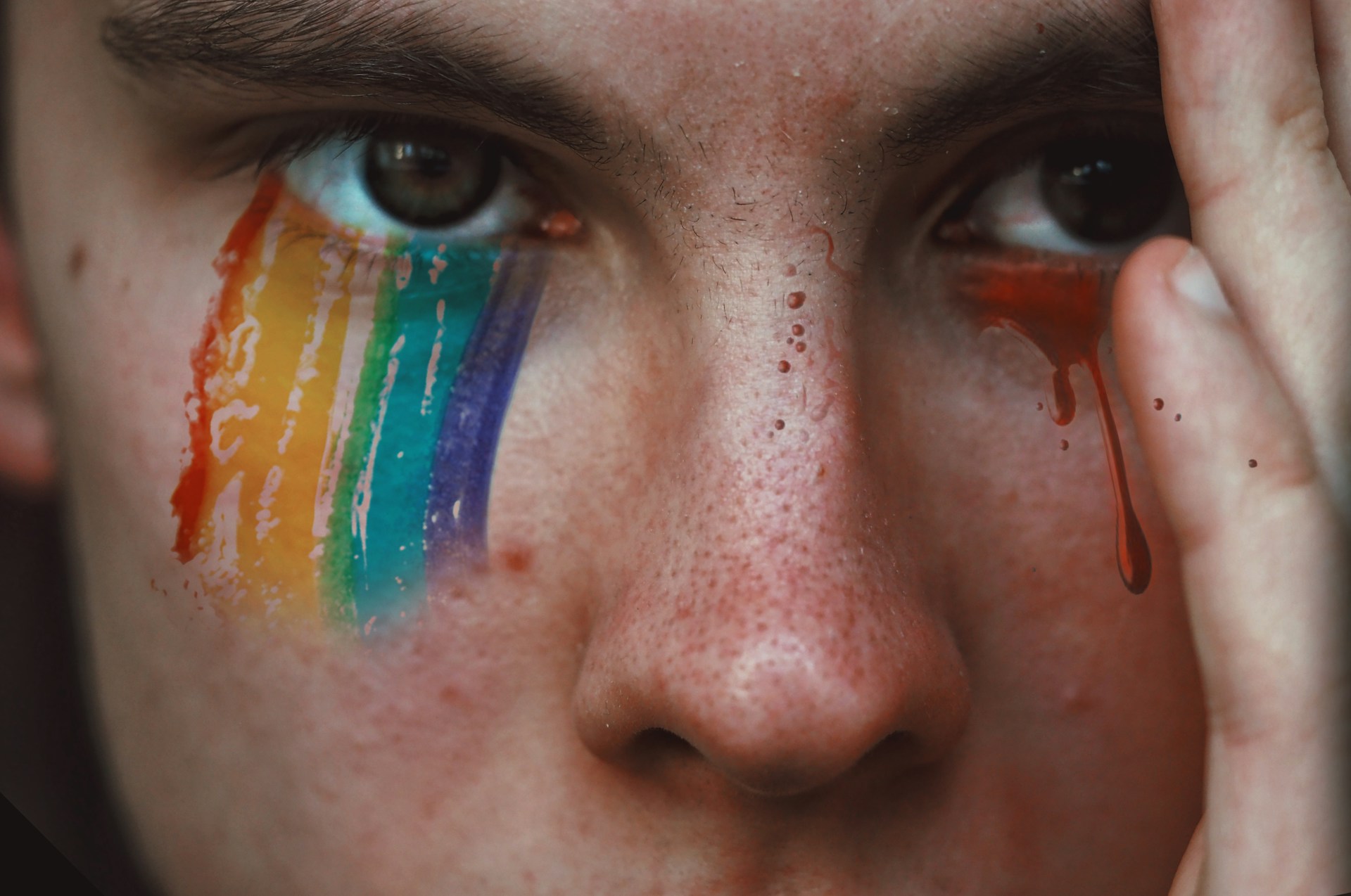LGBTQ+ Rights at the Crossroads in the Netherlands Elections

The Netherlands, once a trailblazer in LGBTQ+ rights, faces a pivotal moment in its upcoming general election. The far-right Freedom Party (PVV), led by Geert Wilders, has experienced a surge in the polls, raising concerns among campaigners about the potential rollback of transgender rights.
Current State of LGBTQ+ Rights
In 2001, the Netherlands was the first country to legalize same-sex marriage. However, its progress has since slowed, currently ranking 14th in Europe for LGBTQ+ rights. Issues such as lack of hate crime protection, the continuation of intersex surgeries, and stagnant anti-discrimination legislation have been points of concern.
The Controversy Over Intersex Surgeries
Intersex surgeries, which are banned in many European countries, are still performed in the Netherlands. These procedures are carried out on individuals born with atypical chromosomes or sex characteristics, often without their consent.
The Need for Expanding Anti-Discrimination Laws
Campaigners are pushing to broaden anti-discrimination laws to include asexual, trans, and intersex people. A bill to simplify the gender change process through self-determination has been stalled in parliament.
Online Hate on the Rise
A report by De Groene Amsterdammer indicates a significant increase in online hate against the LGBTQ+ community, particularly targeting trans individuals. This trend underscores the need for protective measures and societal support.

Political Parties’ Stance on LGBTQ+ Rights
The leading parties in the polls are the Conservative-liberal VVD, the far-right PVV, and the Dutch Left (GL|PvdA). The VVD and GL|PvdA have pledged LGBTQ+ reforms, including banning conversion therapy and introducing an ‘X’ marker in passports. However, the PVV has expressed resistance to certain trans rights, criticizing gender policies in schools and diversity initiatives.
The Far-Right’s Ambiguous Position
While the PVV claims to support gay rights as part of Dutch society, it takes a stand against some trans rights, describing school teachings on gender as “indoctrination.” This stance raises alarms about the potential impact on LGBTQ+ rights if the PVV gains more influence.
Concerns Raised by Advocates
Human rights organizations express apprehension that a potential coalition led by right-wing conservatives may pose serious risks to the advancements of LGBTQ+ rights. They highlight particular anxieties over the neglect of transgender healthcare access and the safeguarding of online environments. The growing influence of smaller conservative groups such as the Farmer–Citizen Movement (BBB) and Forum for Democracy (FvD) is also seen as a possible hindrance to the progress made in LGBTQ+ rights.
The Potential Consequences of Political Changes
Advocates are raising alarms about the implications of the anti-transgender stances held by parties like the PVV, BBB, and the FvD. They caution that such views, if they become more widely accepted and mainstream, could lead to widespread discrimination against transgender individuals. This political shift could have far-reaching effects, possibly undoing years of advancement in the fight for LGBTQ+ rights.
©equalityvoices.org


















